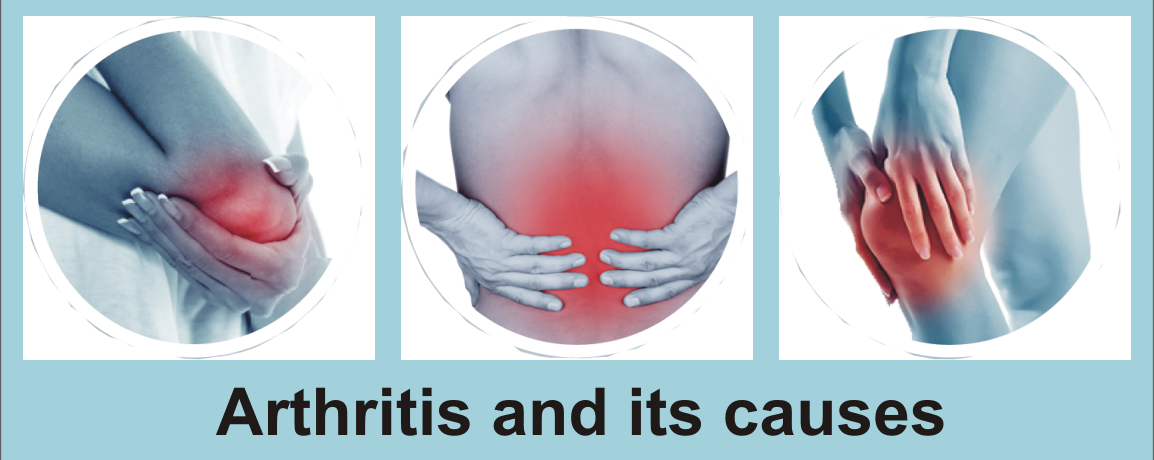my-healthconnect as a platform helps patients connect to specialist doctors in India for an online medical opinion. One of the most common medical problems that we find in the 60+ age category is Arthritis and, the typical questions that haunt the patient or the caretaker are:
- What is arthritis?
- What causes arthritis?
- How did my mother get it?
- Why is she not able to walk properly?
- What should I do next?
If we were to articulate arthritis in layman terms, it is the wear and tear of the joints. In much the same way as the parts of a machine wear out due to repeated use and friction, the joints in the body also wear out due to usage and friction. Every active human being, therefore, would possibly have arthritis of their joints in their old age.
Every active human being, therefore, would possibly have arthritis of their joints in their old age
The usual follow-up question then is, does everyone need surgery to counter arthritis?
The good news is that not everyone who has arthritis will need surgery. Only patients with very advanced levels – Stage 3 or Stage 4 –would undergo surgery to treat their arthritis.
The good news is that not everyone who has arthritis will need surgery
The word Arthritis – is a combination of ‘arthra’ which means joint and ‘itis’ which is inflammation/swelling – a swelling of the joint.
Of all the joints in the body, the knee joint is the one that is most easily affected by arthritis followed by the spine and then the hip.
The knee joint is the one that is most easily affected by arthritis followed by the spine and then the hip
Consider the following 2 scenarios of the weight borne by the knees:
- You weigh 150 kg
- You weigh 65 kg
In scenario (a), the knee joints bear 75 kg each, which is obviously more than what the knee joints would bear if you were to weigh 65 kg. A higher weight borne by the knees leads to more work for the knee joint and, as a result, a higher and faster level of wear and tear of the knee joint.
Obesity is one of the top causes of arthritis. This type of arthritis is called ‘Osteoarthritis‘.
In osteoarthritis, the knee joint gets dried up and the cartilage gets thinner. Now the femur and tibia even starts touching each other, which causes severe pain.
The symptoms of arthritis in knee joint are:
- Morning stiffness in the knee
- Noise in the knee joint when one starts walking up/down stairs (crepitus)
- Hurting of the knee joint
The key to avoiding surgery and delaying the effects of arthritis is to keep one’s weight under control when diagnosed with early stage arthritis to prevent further damage to the knee joint.
You cannot reverse your age but can control your weight.
If you had a question or two on arthritis and need to connect with one of our orthopedic specialists, please click here.



